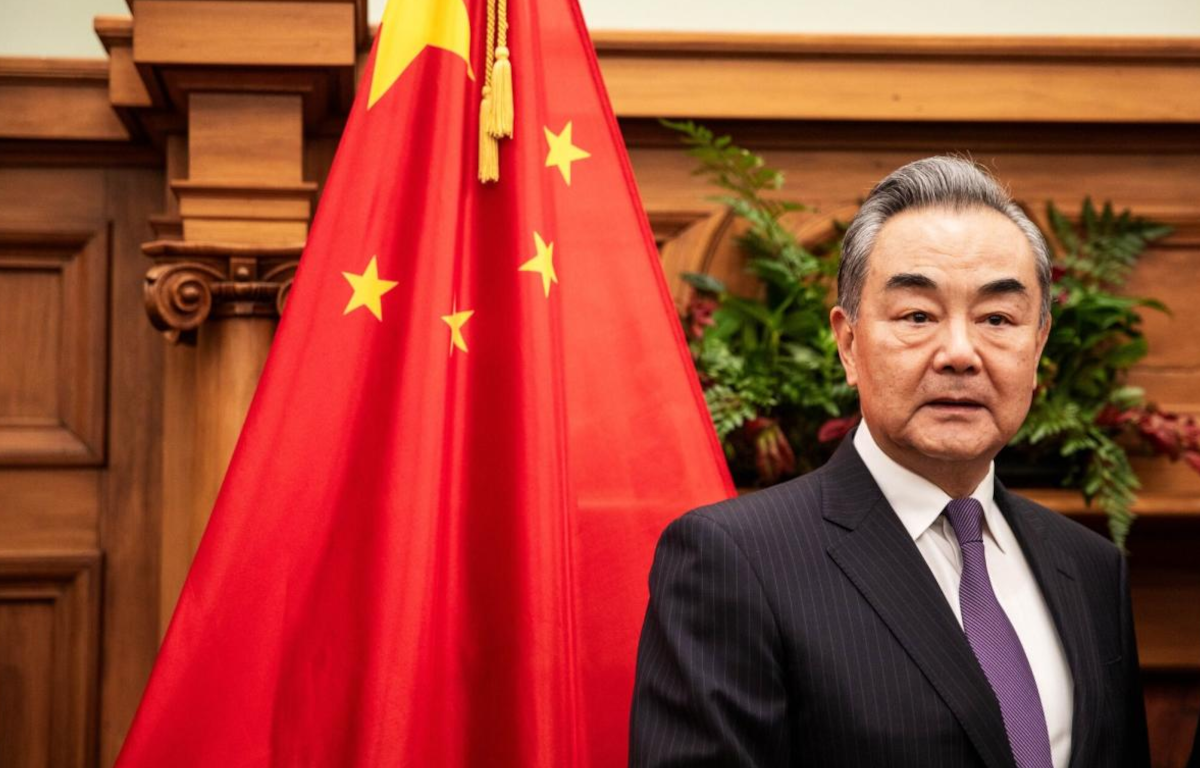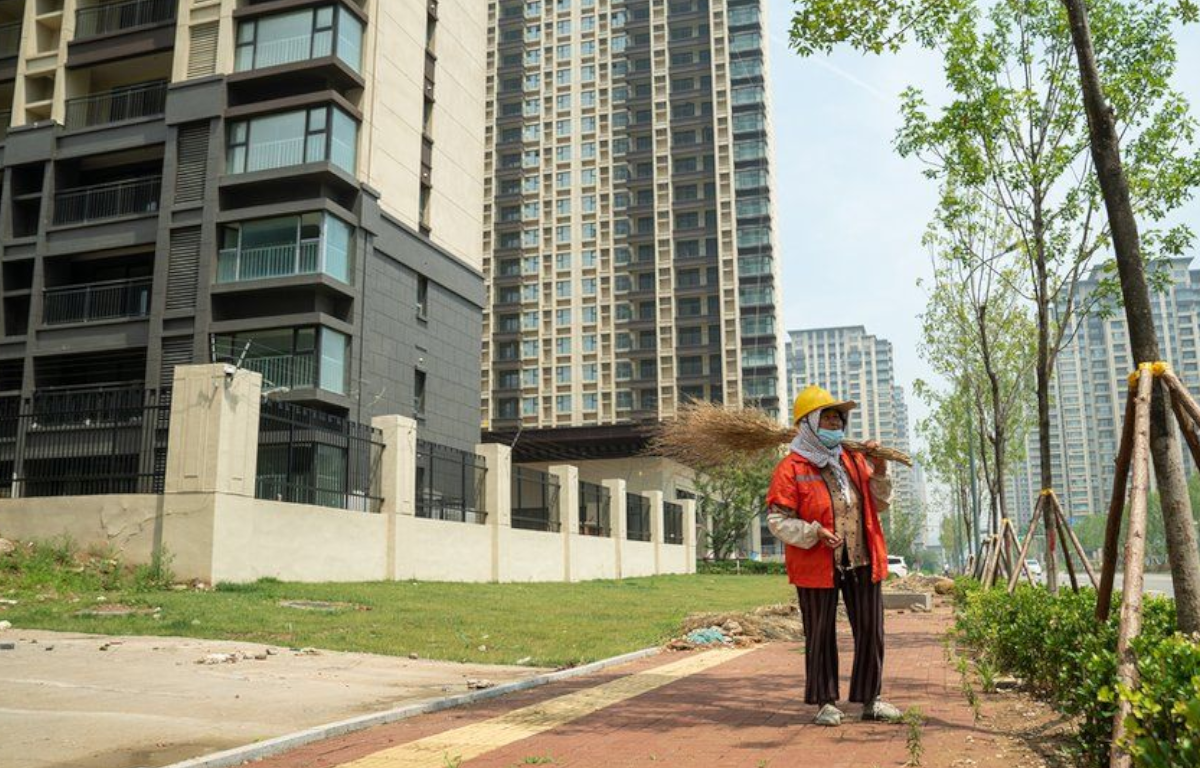
China’s immense debt load stands as a foremost concern. The country’s rapid credit expansion since the global financial crisis in 2008 has resulted in staggering debt levels. State-owned enterprises (SOEs) and local governments are primary contributors, raising alarms about potential financial instability if not managed effectively.
The real estate sector, historically a driving force behind China’s growth, is now a potential Achilles’ heel. Spiraling property prices, driven by easy credit access, have rendered housing unaffordable for many. The bursting of this real estate bubble could send shockwaves throughout the economy, affecting consumers and banks heavily invested in real estate loans.
Demographics pose another challenge. China’s population is aging, and its birth rate is declining. An aging populace strains social services like pensions and healthcare, while a shrinking workforce threatens long-term economic productivity.
Trade tensions with the United States represent a further obstacle. Escalating tariffs and restrictions on various goods have disrupted global supply chains, potentially damaging China’s export-driven economy. Prolonged disputes could erode China’s economic prospects further.
Innovation and technology rivalry with the U.S. is also a growing concern. Restrictions on technology imports and exports could hinder China’s ambition to maintain its status as a global tech leader.
Environmental concerns loom large. Rapid industrialization and urbanization have come at an environmental cost, leading to pollution, resource depletion, and ecological degradation. Balancing economic growth with environmental sustainability is an ongoing challenge.
While China’s economy faces numerous hurdles, the nation’s government possesses a history of adeptly intervening to stave off crises. An authoritative regime enables swift, decisive policy action, often stabilizing the economy during times of uncertainty. China’s substantial foreign exchange reserves also provide a buffer against shocks, and the government has shown a commitment to managing debt and reducing financial risks.
China’s economic fragility is undeniable, driven by mounting debt, a precarious real estate market, demographic shifts, trade tensions, technological competition, and environmental issues. While the specter of a full-scale collapse looms, it’s essential to recognize that China’s government has the tools and resources to manage these risks.










Share this: